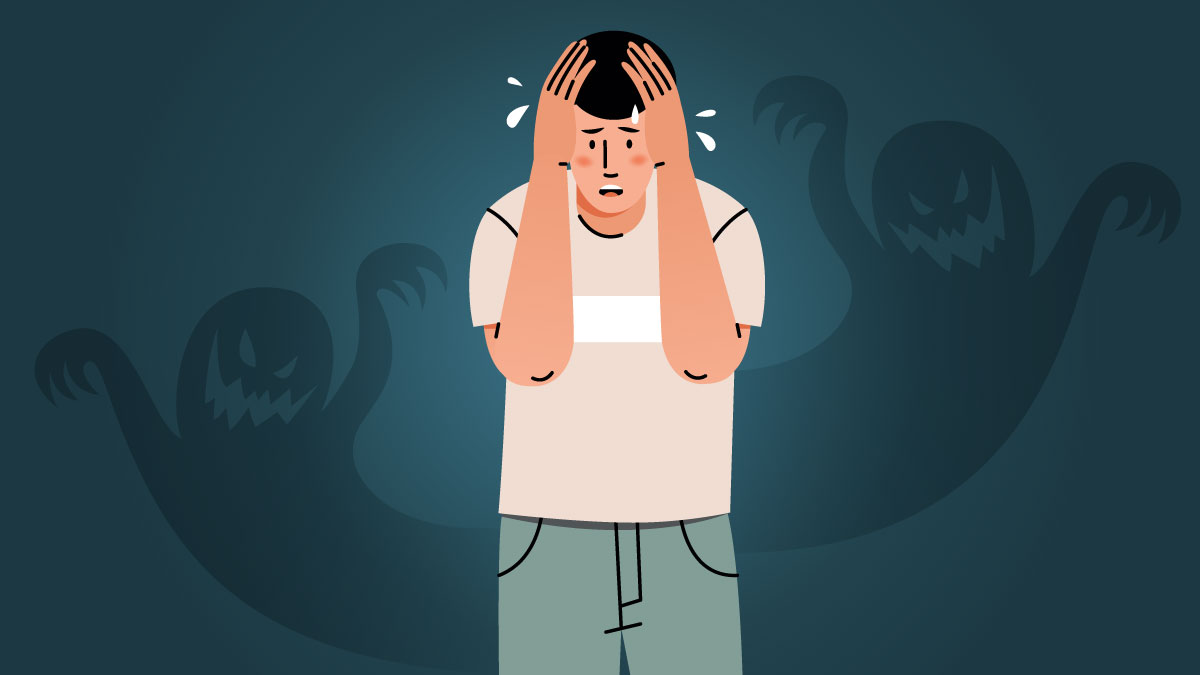- Posted on

Men’s mental health is an often-overlooked aspect of well-being, overshadowed by societal expectations and traditional notions of masculinity. The pressure to conform to these ideals can make it difficult for men to express vulnerability or seek help, leading to a silent struggle that can have severe consequences. This blog post aims to shed light on common mental health issues in men, the barriers they face in seeking help, and practical steps to improve mental well-being.
The Prevalence of Mental Health Issues in Men
Mental health issues such as depression, anxiety, and suicidal thoughts are prevalent among men. According to the National Institute of Mental Health, men are less likely than women to seek help for these issues, which often results in untreated conditions and, tragically, higher rates of suicide. The American Psychological Association reports that men are four times more likely to die by suicide than women, highlighting the urgent need to address this silent crisis.
Barriers to Seeking Help
Several barriers prevent men from seeking the mental health support they need. Cultural norms and stereotypes play a significant role; men are often taught to be stoic, self-reliant, and unemotional. Admitting to a mental health issue can be seen as a sign of weakness, leading many to suffer in silence. Additionally, there is a lack of awareness about mental health resources tailored specifically for men, and many fear the stigma associated with seeking help.
Common Mental Health Issues
Depression: Men may experience depression differently than women. While women might express feelings of sadness and hopelessness, men are more likely to exhibit irritability, anger, and aggression. This difference in expression can make it difficult to recognize depression in men.
Anxiety: Anxiety in men often goes unnoticed as they may not show the typical signs of nervousness. Instead, they might experience physical symptoms such as headaches, muscle tension, or increased heart rate. These symptoms can be mistaken for other medical conditions, leading to misdiagnosis.
Substance Abuse: Men are more likely than women to turn to alcohol or drugs as a coping mechanism for their mental health issues. This can lead to a cycle of substance abuse and worsening mental health, further complicating their ability to seek help.
Overcoming the Barriers
Addressing men’s mental health requires a multifaceted approach:
- Breaking the Stigma: Public awareness campaigns and open discussions about men’s mental health can help normalize seeking help. Men need to see that it is okay to talk about their feelings and that vulnerability is not a weakness.
- Creating Supportive Environments: Friends, family, and workplaces can play a crucial role in providing support. Encouraging open conversations and being attentive to changes in behavior can make a significant difference.
- Access to Resources: Increasing the availability of mental health resources tailored specifically for men is essential. This includes promoting mental health hotlines, counseling services, and support groups that are geared towards men’s unique needs.
- Self-Care Practices: Encouraging men to adopt self-care practices can help improve mental health. Regular exercise, a healthy diet, mindfulness, and hobbies can reduce stress and improve overall well-being.
Mental health issues in men are a significant concern that requires immediate attention. By understanding the unique challenges men face, breaking down the barriers to seeking help, and promoting supportive environments, we can create a society where men feel empowered to prioritize their mental health. It is time to break the silence and ensure that men know they are not alone in their struggles. Seeking help is a sign of strength, not weakness, and it can lead to a healthier, happier life.



